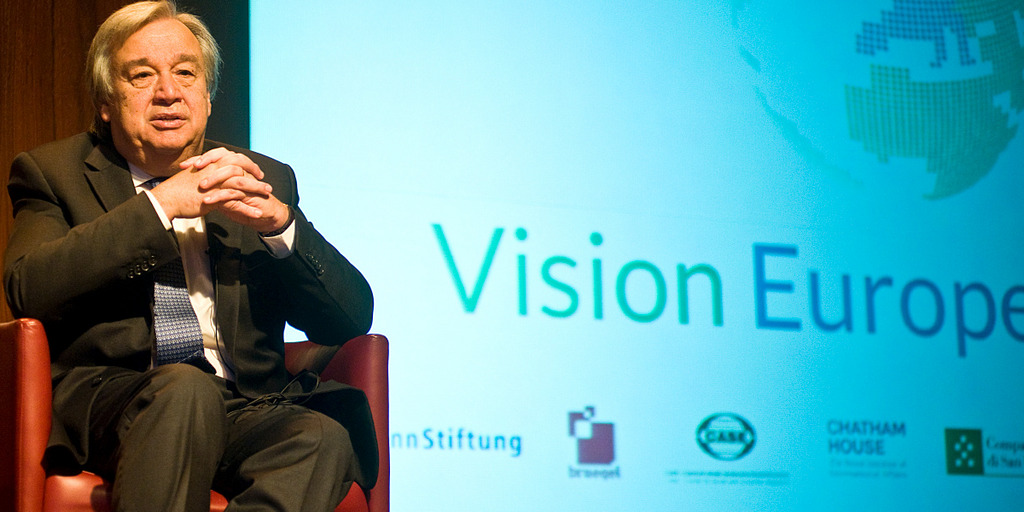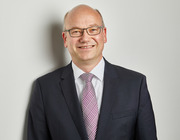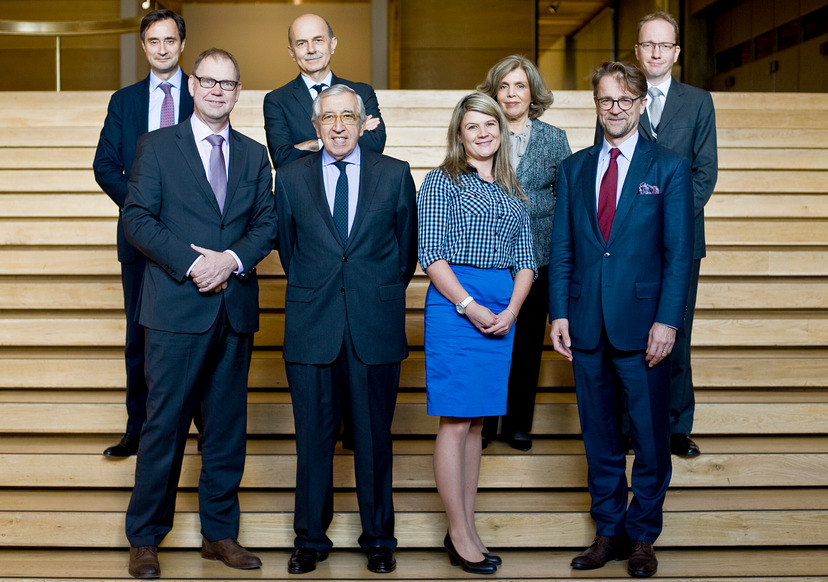In his remarks, Guterres, who served as head of the UN refugee agency for 10 years, not only addressed the current situation in Europe and the world, he also presented his vision for the future.
Migration is part of globalization, along with the growing exchange of goods and services and increasing financial flows, Guterres said, even if the community of states has not yet organized or regulated migration in an appropriate manner. To drive home his point, he noted that migration is currently managed mainly by human traffickers. His first appeal, therefore, was to decision makers to finally combat people smuggling, thereby ensuring the dignity and safety of migrants and displaced persons.





